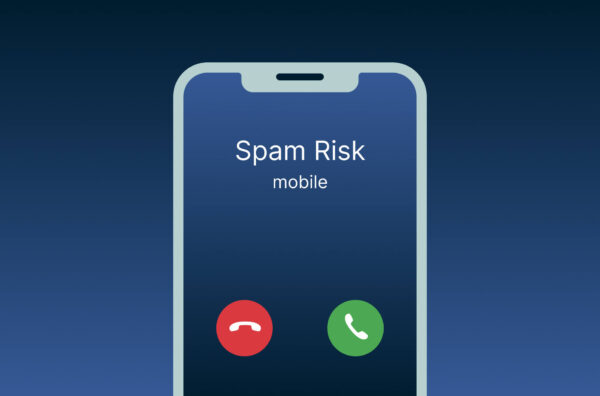In the digital age, scammers are continually devising new ways to exploit unsuspecting individuals. One common method they employ is through phone calls. Scammers often use phone calls to deceive people, extract personal information, or attempt to defraud them. It is essential to remain vigilant and be aware of potential scams, particularly when receiving calls from unfamiliar numbers. In recent reports, three specific phone numbers have been identified as potential sources of scams in the United States:
warning spam call: 6023574100, 8656696225537, 8004633339, 4048064812, 8334172274, 8003535920, 8004351415, 2064532329, 2147483647, 8337932634, 8707768706, 8009220204, 18009220204, 8052031460, 8056377243, 206-453- 329, 8669145806, 8554197365, 8889346489, 8443191130, 8443191130, 8557077328, 8772522701, 855-707-7328, 855-707-7328, 805-637-7243, (662) 255-3743, 6622553743, 888-221-1161, 888-221-1161, 2069220880, 8772584825, 888-934-6489, 888-934-6489, 8888996650, 8707768706, 8707768706, 8002364300, 2406732163, 662-255-3743, 662-255-3743, 949-686-3008, 949-686-3008, 8009556600, 18002364300, 18002364300, 4806242599, 8009378997, 8335361100, 8335361100, 855-419-7365, 18009556600, +1 (206) 453-2329, +1 (404) 806-4812, +1 (800) 435-1415, +1 (844) 319-1130, +1 (866) 914-5806, +1 (888) 899-6650, +1 (888) 934-6489, in US.
While it is important to note that scammers can frequently change their tactics and phone numbers, it is crucial to exercise caution when receiving calls from any number resembling those mentioned above. Here’s what you need to know to protect yourself:
- Recognize common scam techniques: Scammers often employ similar techniques to trick individuals. They may pose as representatives from legitimate organizations, such as banks, government agencies, or utility companies. They may claim that you have won a prize or offer a too-good-to-be-true deal. Additionally, scammers may resort to intimidation or threaten legal action to pressure you into providing personal information or making immediate payments.
- Do not share personal information: Be cautious when divulging personal information over the phone, especially if the caller is unknown or raises suspicions. Legitimate organizations typically do not ask for sensitive information, such as Social Security numbers, credit card details, or passwords over the phone. If in doubt, hang up and contact the organization directly using verified contact information.
- Trust your instincts: If something feels off or too good to be true, it probably is. Scammers rely on creating a sense of urgency or excitement to manipulate their victims. Take a step back, evaluate the situation, and do not be afraid to end the call if it feels suspicious.
- Use call-blocking features: Most smartphones provide call-blocking features that allow you to block specific numbers or send them directly to voicemail. Consider utilizing these features to prevent unwanted calls from reaching you.
- Report suspicious calls: If you receive a call that you believe is a scam, report it to the Federal Trade Commission (FTC) in the United States. The FTC collects data on scams and investigates fraudulent activities, which can help protect others from falling victim to similar schemes.
Remember, scammers are constantly evolving their tactics, so it is essential to stay informed about the latest scams and be vigilant when receiving calls from unfamiliar numbers. By following these precautions, you can protect yourself from falling prey to fraudulent schemes and safeguard your personal and financial information.
Also Read: Unveiling the Identity of Callers: Investigating 911196954 & 607123000
Please note that the specific phone numbers mentioned, 6023574100, 2064532329, and 8707768706, are provided for the purpose of discussion and alert. They may not represent current or accurate information. It is recommended to refer to official sources and report suspicious calls to the relevant authorities. Stay informed, stay cautious, and help create a safer digital environment for everyone.




